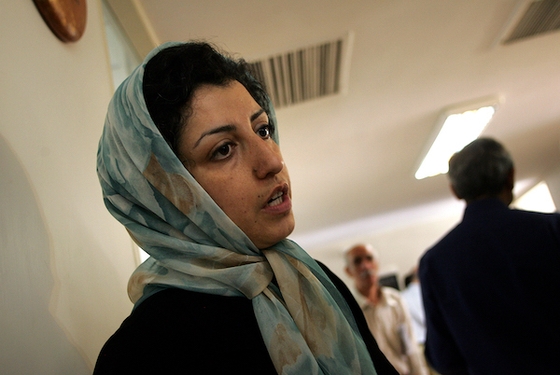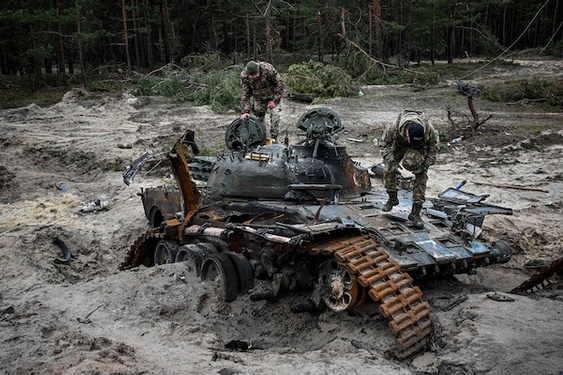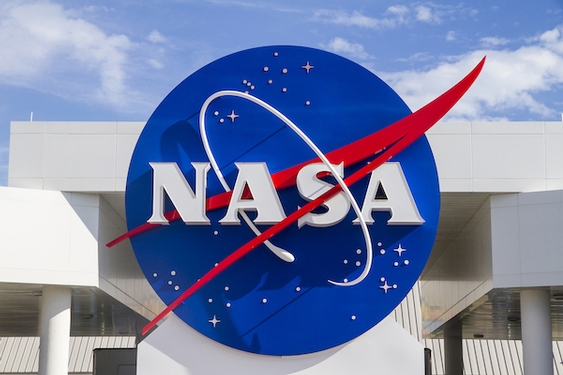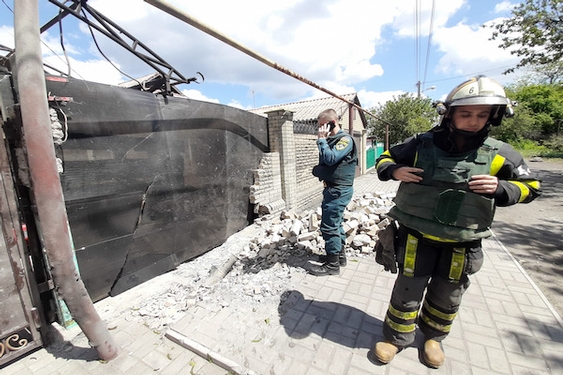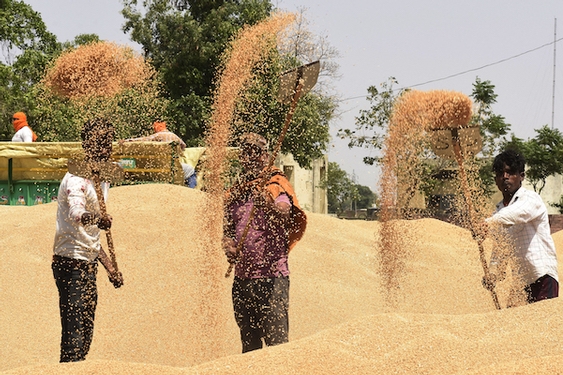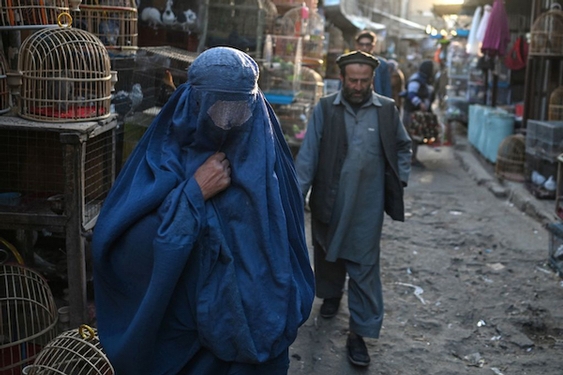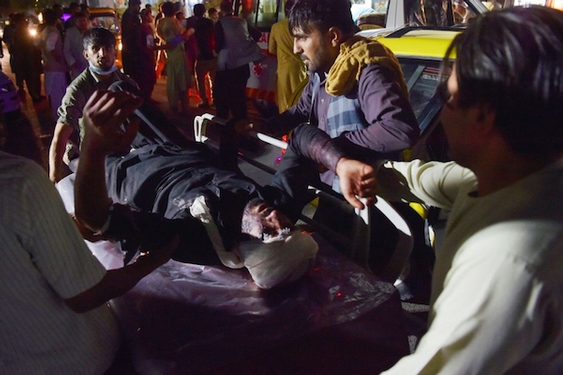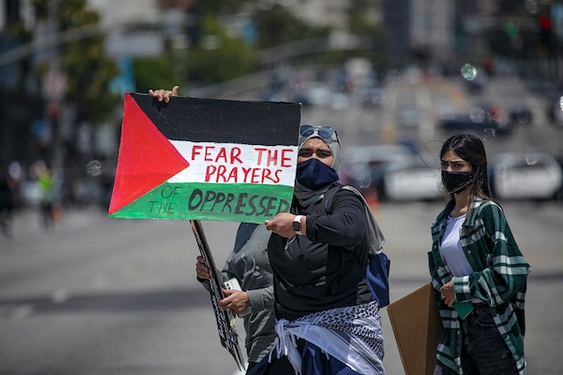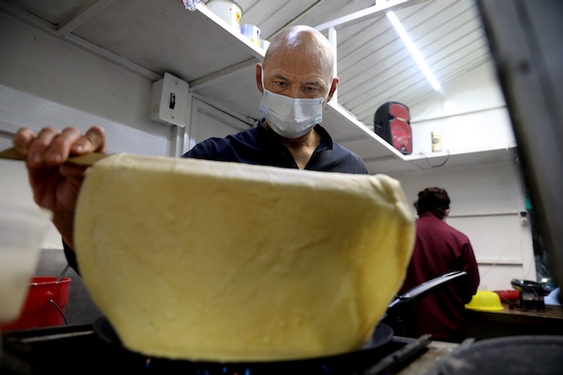How marvelous, of course, for this country that in the past century was mired in civil and world war, prone to disasters natural (famine, earthquakes, floods), populist (the Cultural Revolution) and political (Tiananmen Square, Tibet), to take such a grand leap forward on the international stage. The industry and dedication that are so readily apparent in the glimmering Olympic structures and the keen, joyful efficiency of the estimated one million volunteers of the Games are only the beginnings of the profound transformation now sweeping a fifth of humanity into a new frontier.
Pride, not traditionally the paramount Chinese cultural virtue, is evident everywhere as the Games crystallize a sense of national unity and a re-opening to the West that would have been far beyond Richard Nixon’s hopes (or fears) in 1972 when he first visited the sequestered giant. Perhaps more than anything, the Beijing Olympics reminds the world of the value of collective sacrifice for a common goal: a city of millions, many voluntarily, stopping their daily routines in hopes of clearing the constantly-smoggy air to benefit the lungs of the world’s best athletes.
How tragic then, that any talk of the advances must be couched in the gross deficiencies that still mar the country’s image and soul. In all of these outstanding accomplishments, I cannot help but feel that dirt is being brushed from the front porch onto the back lawn – Tibet, Taiwan, free speech, rural poverty, pollution, authoritarian proliferation. The unflinching oligarchy in China still rules its people with an eye to a constant, ruthless forward march of progress at any cost.
In doing so, China’s leaders seem slaves to an image they love and cannot sustain. These Games to me will forever be remembered with the shadowy echo of a young girl’s beautiful voice singing at the Opening Ceremony. As 9-year-old Lin Miaoke appeared before billions of viewers, it was not her voice that we heard, but rather that of 7-year-old Yang Peiyi. China’s government admitted that they were looking for the perfect union of look and sound; so too were they thinking of unearthly greatness when they used computer graphics to enhance fireworks during the same ceremony.
Somehow I feel that China’s Olympic organizers have missed the whole enduring point of the Games: that the competition celebrates not perfection, but the fallible, heroic, utterly human pursuit of perfection. It is the hope, the struggle to be better than yesterday, to lift a bit more, to run a shade faster, to stretch out for the finish line whether you’re the first or last.
There was one moment in the Opening Ceremony that did speak to what I see as the truest Olympic spirit. When the Chinese delegation of athletes, more than 600 of them, entered the national stadium, they were led by Yao Ming and Lin Hao.
Yao, towering physically and metaphysically in the minds of the Chinese and basketball fans everywhere, was not the central attraction. It was the tiny Lin, a boy from Sichuan who survived the region’s horrific earthquake and then returned to his demolished school to save two of his classmates. He said he did it because he was a class leader, and that’s what he was supposed to do.
He didn’t do it for perfection; he didn’t do it because it was beautiful, stunning or remarkable. He did it because he had to try. He stretched out to save what was left, and in doing so, saved everything.



